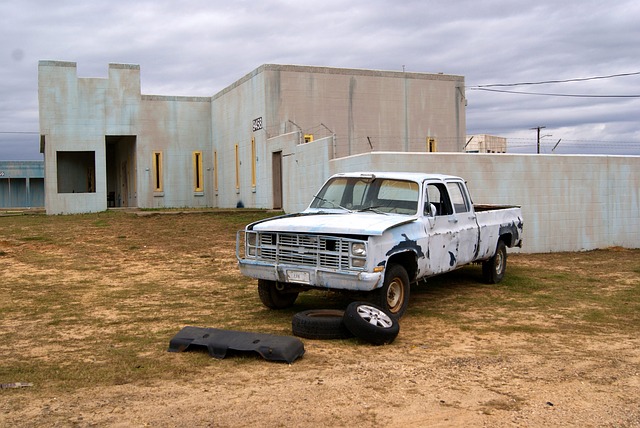Pakistan’s Kashmir Pickle
Shortly after Pakistani parliamentarians ended the term of Prime Minister Imran Khan through a vote of no-confidence, the nation heard Shahbaz Sharif, the PM-in-waiting regurgitate, “We want good ties with India but durable peace is not possible until the Kashmir dispute is resolved.” Like his predecessors, PM Sharif seemed to rehearse the Holy Kashmir Mantra which could earn him the necessary goodwill of the omnipotent military generals for smooth sailing.
Pakistan tampered with the political developments in Kashmir from the get-go. Of the total 565 princely states queuing up to join the British dominions of India and Pakistan, Kashmir was the only state that faced invasion from Pakistan. The British government had established a clear constitutional procedure to distribute princely states between both dominions. However, sensing that the ruler of Kashmir as well as the overwhelming majority of locals including Muslims of Valley would side with India; Pakistan attacked Kashmir on October 22, 1947 and occupied northern and western parts of the state.
One could understand why Pakistani rulers were reluctant to play by book as Kashmir’s merger with Pakistan was going to cause colossal strategic loss to India by denying a contiguous border with Afghanistan and the Soviet Union. In addition, Pakistan, an agro-based country, was also dependent on the rivers of Kashmir for two-thirds of water flowing into its western provinces.
Having received the letter of accession from the ruler of Kashmir, Indian Prime Minister Nehru took the case to the United Nations Security Council and asked Pakistan to respect the constitutional process governing partition of India and withdraw troops from the occupied areas. After deliberation, the UN Security Council formed a commission which gave Pakistan the deadline to withdraw from Gilgit and so-called Azad-Kashmir to ascertain the wishes of Kashmiris regarding state’s accession with India.
In 1956, British government upgraded Pakistan’s status from dominion to a sovereign nation, which brought great political and economic opportunities for her citizens. However, this promotion also leveraged Pakistani rulers to instigate illegal religious and racial demographic changes in Gilgit and solidify military control over parts of Kashmir bordering China and Afghanistan.
With no hope of winning over Kashmiris, Pakistani rulers changed gears and refused to vacate Kashmir’s Gilgit, Muzaffarabad and Mirpur districts. Instead of cooperating with India and fulfilling the conditions set by the UN commission to arrive at a peaceful solution on Kashmir, Pakistan started employing Islamic extremism to dissuade Kashmiri Muslims from India. In the name of providing political, diplomatic and moral support, Pakistan established terrorist training camps in Gilgit-Baltistan and Azad-Kashmir. The anti-India terrorism intensified during the Soviet-Afghan war as Pakistan was at liberty to redirect Jihad money and weapons towards Kashmir. Many Kashmiri and Punjabi militants visited Afghanistan during those years to train along with Mujahidin and remained instrumental in creating bloodshed in India.
As a self-declared custodian of Muslims of Kashmir; Pakistan failed to provide basic rights to the people in Gilgit or Azad-Kashmir, all while remaining obsessed with using terrorism to snatch rest of Kashmir from India. Lack of political and economic stability is now compelling majority of Kashmiris in Pakistan-occupied-territories to raise voice for freedom or reintegration with India.
Statement of newly appointed PM Sharif strengthens the general view that military and not the civilian administration runs Pakistan’s Kashmir policy; and a change of government in Islamabad will not help improve relations with India.
Maintaining an impasse on Kashmir is vital for the military generals to justify a significant claim in the national budget. Pakistan’s lone ally, China also wants Kashmir impasse to continue on low simmer. This keeps India busy on its western border and perpetually distracted from immoral and illegal actions of the Communist Party in occupied Tibet and Xinjiang. At the moment, more than forty-thousand Pakistani Islamic Madrassahs churn out terrorists on a yearly basis. This helps sustain military’s strategic depth in Kashmir and Afghanistan and none among the Pakistani experts are holding breath for this to end.
It is imperative upon the international community especially the United States to keep Pakistan on FATF’s grey list and impose sanctions on Pakistan’s military-led institutions to curb immoral and illegal interventions in Kashmir and Afghanistan.

Senge Sering is the President of Gilgit Baltistan Institute in Washington D.C.

